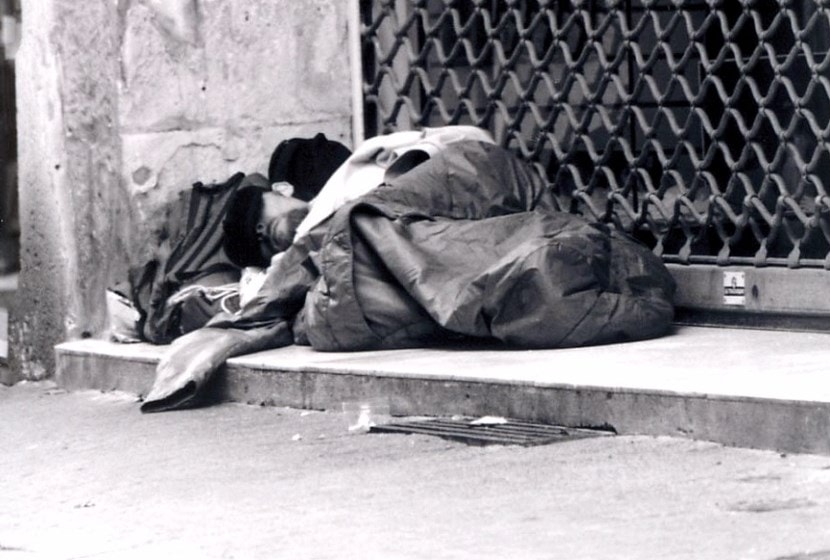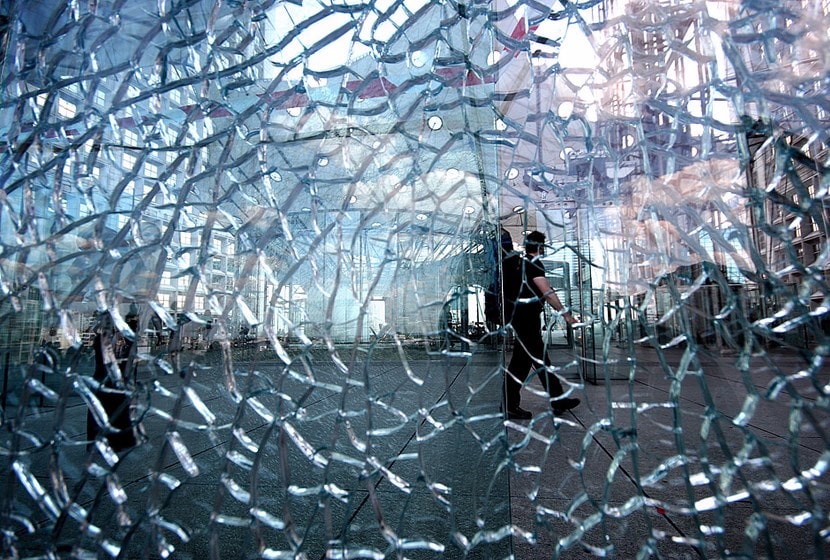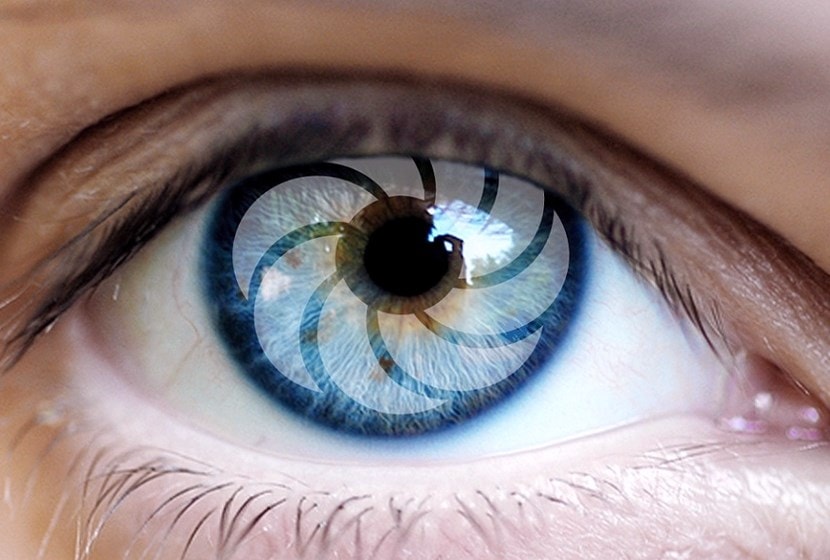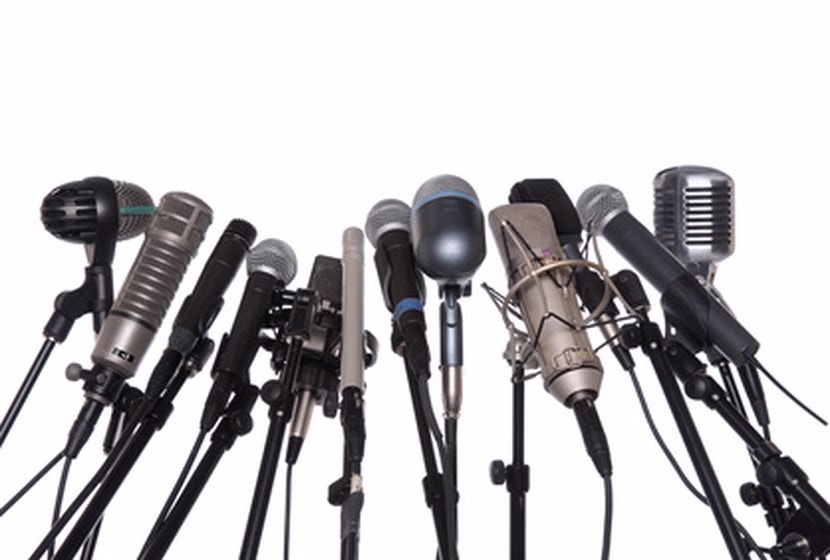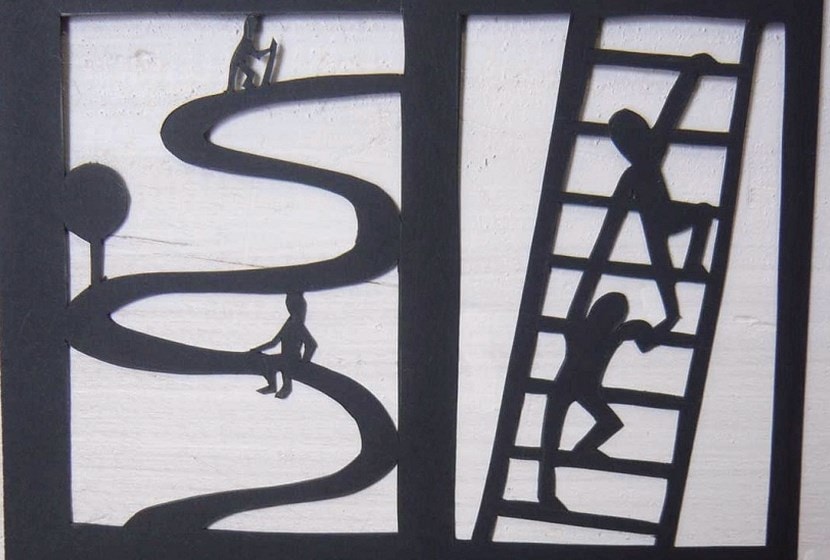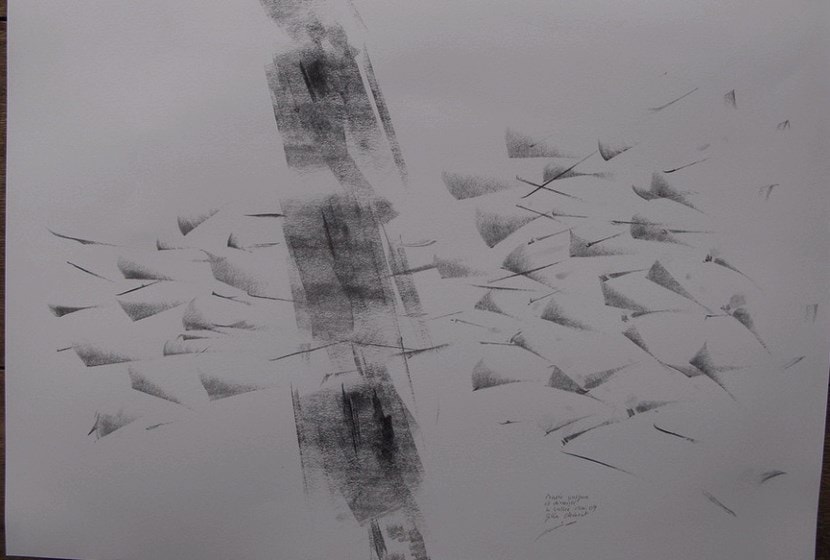The air of time sometimes becomes unbreathable.
When poverty appears at every street corner, when precariousness nibbles at ordinary lives like a sneaky gangrene, when inequalities look like abysses without end, suffocation and anger reveal the tragedy of impotence. Indignation in the face of social suffering is omnipresent in the discourse; in vain. "Our society is seized by compassion," writes Myriam Revault d'Allonnes.(1) a true compassionate zeal for the poor, the destitute, the underprivileged, appears in the rhetoric of political speeches as well as in the sometimes very spectacular actions. (2) mobilized to eradicate this evil from the dawn of ages, yet singularly contemporary.
The global crisis since 2008, first financial and then economic, has rapidly become a social crash. It has brought to the surface some of the suffering that had been hatched and, like fertile manure, has brought new suffering to the surface. Poverty has multiplied and settled like the pain of time. Society's view of it has taken advantage of this to change surreptitiously. When poverty can, one day, concern everyone... (3)The image that the poor send into the mirror of society becomes unbearable. Those, more and more numerous even in the so-called "middle classes", whose living conditions have deteriorated because of the crisis, those who are "struggling", who are neither in misery nor poverty but who live with difficulty, those whose daily life is made up of renunciation, anxiety, anger, frustration, those reject the image that the poorest send back to them. This is one of the most insidious changes of our time.
● Modern society's common view of poverty stems from an idea dating back to the end of the 19th century: that society owes a debt to the disadvantaged, to the poorest. The idea of debt was based on society's moral obligation to intervene in the face of glaring injustices that it failed to correct. National solidarity was called to the rescue in order to compensate for society's shortcomings and to help those who were in extreme poverty; for interdependent as they were, men living in society bore a debt to one another. It is on the basis of this thought (4) that under the Third Republic the first systems of social protection were created, followed by Social Security in 1945.
● Poverty today results, as in the past, from destitution and precariousness. But it is now combined with an increasingly exacerbated sense of social uselessness. Suffering is compounded by denial of recognition and social contempt. The sociologist Serge Paugam has clearly shown how this process of social disqualification takes place (5) . Poverty concerns people who, because they have had an "accident of life" of any kind, find themselves in a situation of social insecurity.
What is new today is that these people see, in addition, their position threatened by society in general. The poor are socially labelled as devalued, incompetent, irresponsible and even lazy. They are therefore looked upon with a certain contempt that highlights their uselessness and social disqualification. This is a far cry from the compassionate impulses underpinned by an ideology of social injustice that has marked all of modern history. Today, to be poor is to be insufficiently courageous and responsible for oneself; it is to be insufficiently mobilized in the search for a job or a way out. The poor are no longer victims of society or a system but victims of themselves.
● Precariousness appears when individuals can no longer play with the norms of social life or are prevented from playing with these norms. Ordinary life is always socially qualified: it responds to a set of norms (work, family, social relations). Precariousness not only weakens the humanity of individuals, it also disqualifies ordinary lives, which are thus prevented from playing their social role because of their material conditions or their marginalization or their inability to make their voices heard.
Precariousness is thus the result of a social process of precariousness, a process that is consubstantial with our contemporary societies, which tolerate ordinary lives only when "they are themselves in the register of adaptation, providing the guarantees of their acceptability.(6) "Contemporary poverty is thus a matter of 'atmospheric violence'."(7) This is a violence that refutes the naturalizing character of precariousness, the violence that justifies precariousness with a discourse on the necessary and irremediable fragility of all human life.
● Precariousness has nothing to do with human finiteness; it is produced by society, it is the result of a refined elaboration that consists in tolerating to a certain extent forms of unravelling; it is a form of disorder that is necessary for the development of market societies. Until the point of rupture and revolt is reached. Acts of resistance, subversion or sabotage will be the harbingers of the passage of a threshold beyond which social norms will no longer hold.
(1) Myriam REVAULT D'ALLONNES, L'homme compassionnel, Seuil, 2008
(2) Such as, for example, those of Don Quixote's Children towards the homeless, the "homeless" and the badly housed. The Restos du cœur de Coluche had paved the way twenty years earlier.
(3) In December 2008, 60 % of the French feared that they would one day become homeless.
(4) Carried notably by the radical Léon BOURGEOIS in his book Solidarité published in 1896 (Editions Le Bord de l'Eau, with a presentation by Marie-Claude Blais, 2008).
(5) See: Serge PAUGAM, La disqualification sociale, essay on the new poverty, PUF, 2008.
(6) See: Guillaume LE BLANC, Vies ordinaires, vies préccaires, Seuil, 2007.
(7) Franz FANON, The Damned of the Earth, Maspero, 1961
{Jacuzzi on}

